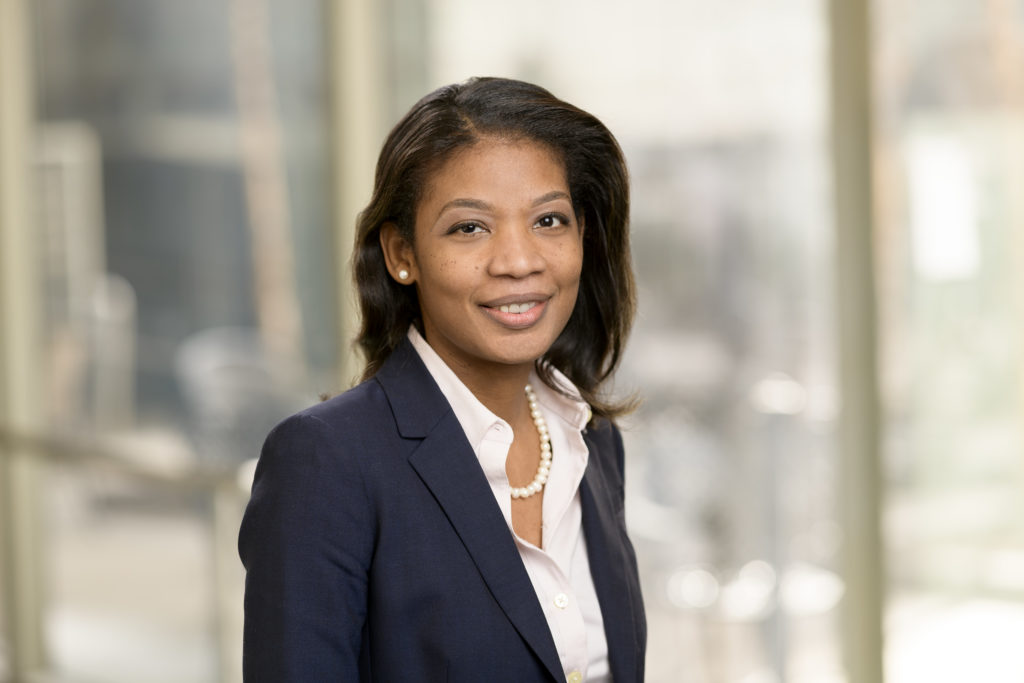
Real-time accounts reported by infection preventionists during the height of the pandemic offer a glimpse into the highs and lows faced by these professionals as they tackled unprecedented challenges.
The diaries were the brainchild of Tania N. Bubb, Ph.D., RN, head of infection prevention at Memorial Sloan Kettering Cancer Center, New York, and colleagues. Almost 50 infection preventionists from 16 U.S. states and four countries completed more than 150 surveys recounting their experiences from March through July 2020. Most worked in acute care settings.
Their responses underscored the fear felt by frontline medical workers. High stress was reported starting early in study, with emotional exhaustion peaking at the end. Examples of diary entries:
“Fear of PPE shortages creating panic… Hoarding and possible theft of PPE…adding to crisis.”
“Lots of people [IPs] were shocked that they [staff] didn’t know how to properly remove PPE.”
“Never thought I’d see the day when consumption of product (hand soap, alcohol hand rub) was in such demand.”
Participants wrote that they put in an unusual amount of overtime: 68 hours per week in March and 51 hours per week in April.
“This week has seemed like 6 months shoved into a 7-day period,” one diarist wrote.
Others reported perceived contradictions.
“I’m included at the decision-making table, but nobody will listen to me as an IP. I’m just there to listen to them,” one diarist wrote. “They are refusing to cancel elective surgeries and I fear we will be out of gloves in [a] month when this pandemic peak[s] and there will be no gloves for emergent surgeries.”
“Instantly more appreciated”
But many diarists also said they never had felt as appreciated as when personal protective equipment shortages became a serious issue, reported Bubb, who presented the diary analysis at the Association for Professionals in Infection Control and Epidemiology conference in June.
The overall effect of COVID-19 on the participants’ professional roles was largely positive, Bubb said, with diarists reporting that they were able to add more empowerment, credibility and value to their facilities during the pandemic.
“IPs became instantly more appreciated, and were sought out by hospital leadership for professional advice,” Bubb said.



